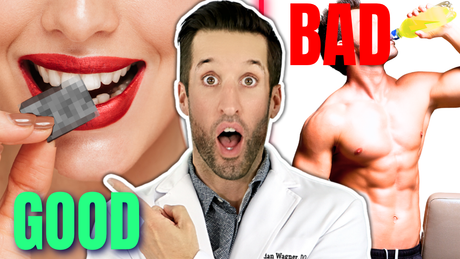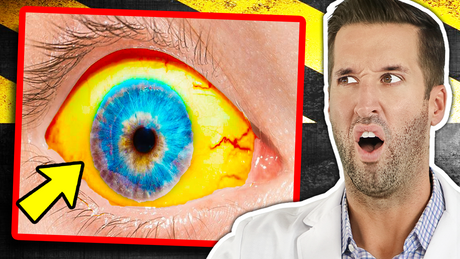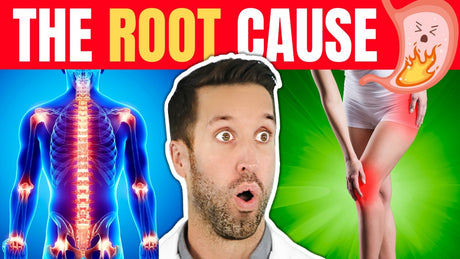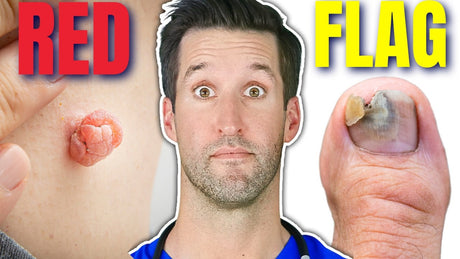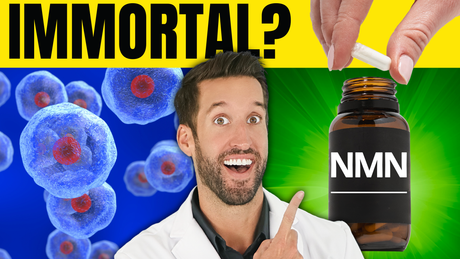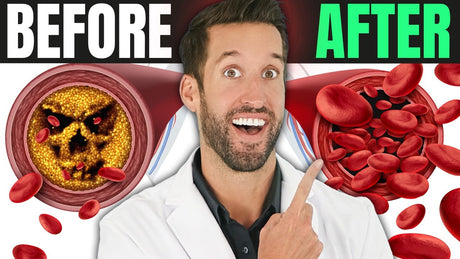Are you looking to boost your testosterone levels naturally? Whether you’re aiming to increase energy, improve muscle growth, or enhance your overall well-being, maintaining healthy testosterone levels is essential for your body. In this post, we’ll explore eight proven ways to elevate testosterone naturally.
What is Testosterone and Why is it Important?
Testosterone is a hormone produced in the testicles for men and in smaller amounts in the ovaries for women. It plays a key role in regulating muscle mass, bone density, mood, libido, and energy levels. As we age, testosterone levels naturally decrease, often starting around age 30. However, factors like poor diet, lack of exercise, stress, and certain medical conditions can also contribute to lower testosterone levels.
If you’re experiencing low energy, decreased libido, or sluggishness, incorporating these eight natural testosterone-boosting strategies may be exactly what your body needs.
1. Get Moving with Strength Training
One of the most effective ways to boost testosterone is through exercise—specifically strength training. Lifting weights and engaging in high-intensity interval training (HIIT) can significantly raise testosterone levels. Studies from the Journal of Strength and Conditioning Research have shown that men who engage in regular resistance training have higher testosterone levels compared to those who don’t .
So, pick up those weights and start building muscle to experience the benefits. Regular exercise also helps in maintaining a healthy weight, which is another factor in optimizing testosterone.
2. Increase Vitamin D Intake
Vitamin D isn't just great for bone health—it’s also crucial for testosterone production. Low levels of vitamin D are closely linked with low testosterone. Spending time in the sun is a great way to boost your vitamin D levels naturally, or if you have limited sunlight, consider taking a Vitamin D supplement. A study published in the Journal of Clinical Endocrinology & Metabolism found that adequate levels of vitamin D are associated with higher testosterone levels .
If you need to supplement your vitamin D levels, check out Life Happns’ Vitamin D supplement for a high-quality source.
3. Prioritize Quality Sleep
Your body produces most of its testosterone during sleep. Lack of quality sleep can significantly reduce testosterone levels. A study in the Journal of the American Medical Association showed that restricting sleep to five hours per night reduced testosterone by up to 15% .
For better sleep quality, consider trying Do Not Disturb from Life Happns. This sleep supplement is formulated with magnesium, passionflower, L-theanine, and evodia to help you achieve restful, deep sleep.
4. Eat a Balanced Diet
Your diet plays a significant role in maintaining testosterone levels. Diets low in healthy fats and high in processed foods can disrupt hormone balance. Focus on consuming foods rich in healthy fats such as avocados, nuts, and olive oil. Additionally, ensure you’re getting enough protein and complex carbs to fuel your body for exercise and muscle recovery.
Research from the Journal of Steroid Biochemistry suggests that low-fat diets can actually decrease testosterone levels . Keep your diet nutrient-dense to support your hormonal health.
5. Manage Stress Levels
Chronic stress can elevate cortisol, a hormone that blocks testosterone. By reducing stress, you can help keep testosterone levels in check. Techniques like meditation, deep breathing, and regular exercise can be highly effective for stress management.
For additional support, check out Chillax from Life Happns, a supplement designed to help you manage occasional stress with ingredients like saffron, niacin, and L-theanine.
6. Maintain a Healthy Weight
Excess body fat, especially around the midsection, can lower testosterone by converting it into estrogen. Maintaining a healthy weight through proper diet and exercise can help keep your testosterone levels in a healthy range. A study from Diabetes Care found that weight loss significantly increased testosterone levels in men .
7. Consider Natural Supplements
Certain natural supplements can also help support healthy testosterone levels. Ingredients such as ashwagandha, fenugreek, and zinc have been shown to aid in testosterone production. Ashwagandha, an adaptogen, reduces stress (which in turn helps increase testosterone), while fenugreek has been linked to strength improvements and increased testosterone.
A study in the Journal of the International Society of Sports Nutrition found that fenugreek supplementation led to a significant increase in testosterone . Always consult your healthcare provider before starting any new supplement regimen.
8. Limit Alcohol Intake
While the occasional drink won’t cause harm, excessive alcohol consumption can significantly reduce testosterone levels. Alcohol affects the liver enzymes responsible for hormone production and increases cortisol levels, which can further lower testosterone.
A study published in Alcoholism: Clinical and Experimental Research confirmed that heavy drinking has a negative impact on testosterone production . To maintain healthy testosterone levels, it's wise to limit alcohol intake.
Conclusion
Boosting your testosterone naturally doesn’t have to be complicated. By implementing these eight strategies—ranging from exercise to proper sleep—you can promote healthier testosterone levels and improve your overall well-being.
If you're interested in supplements to help you on this journey, don’t forget to check out Life Happns supplements like Do Not Disturb for sleep and Chillax for stress relief.
---
References
- Dorgan JF, et al. (1996). Journal of Steroid Biochemistry. "Dietary fat and testosterone levels in men."
- Rivier C, Rivest S. (1991). Hormones and Behavior. "Effects of stress on testosterone levels."
- Sarkola T, Eriksson CJ. (2003). Alcoholism: Clinical and Experimental Research. "Alcohol consumption and its effect on testosterone levels."
All information on the Life Happns website is for informational purposes only, and is not intended to be used for medical advice, diagnosis, or treatment. Always seek the advice of your physician or other qualified health provider with any questions you may have regarding a medical condition or before starting any new supplement or health regimen.

